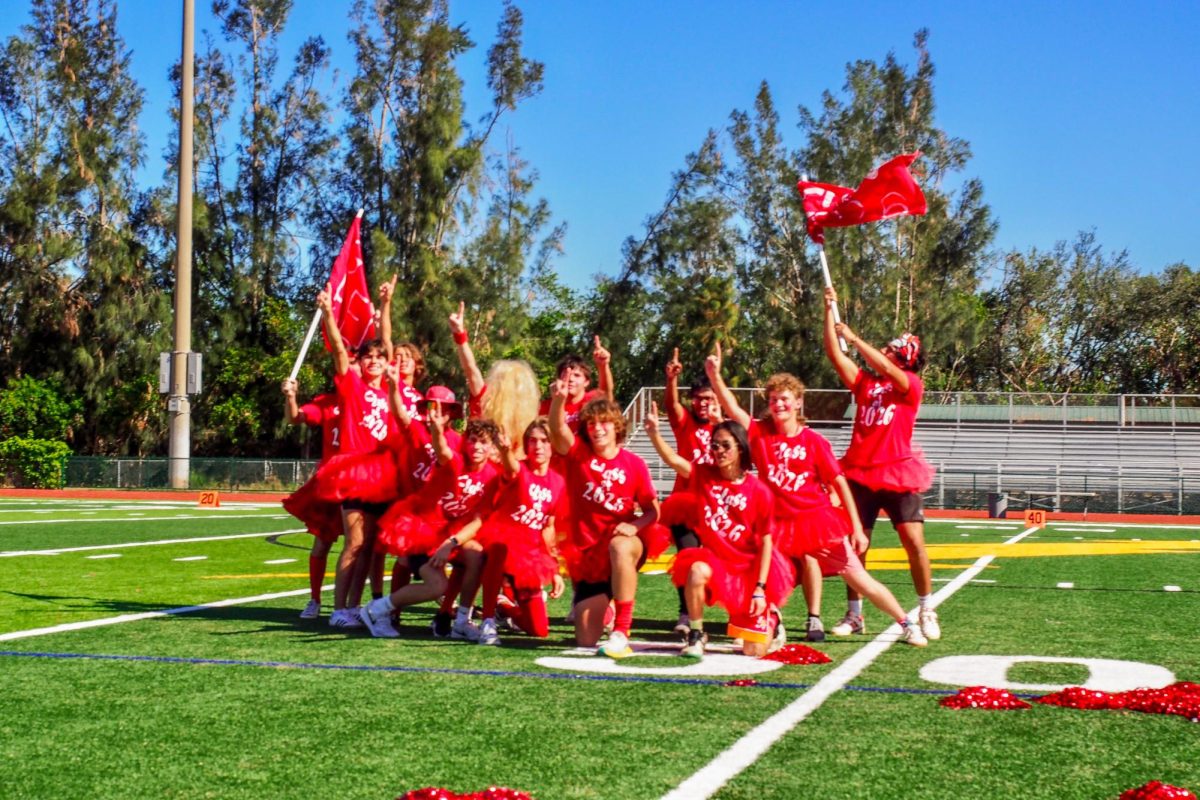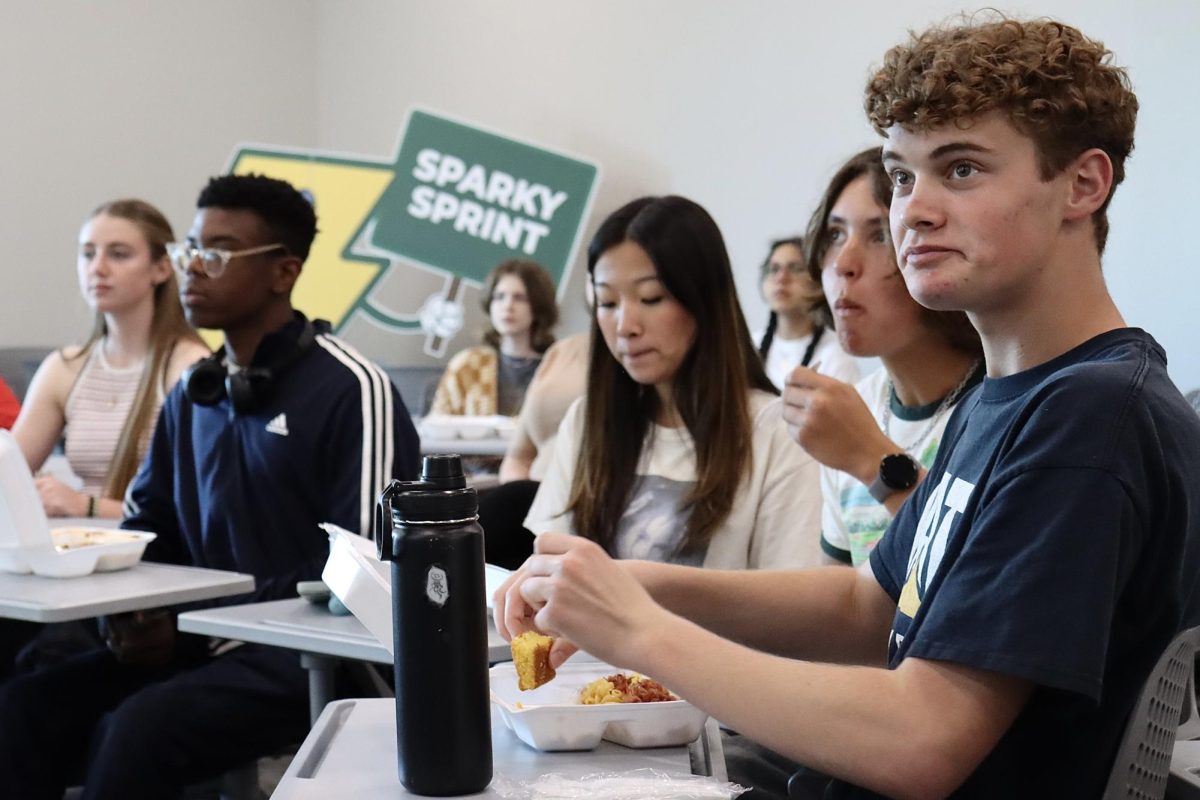When I was nine, I created a Facebook account from my tablet. I was on Apple Music and wasn’t aware that by seeing who else liked the same music as me, I also started my first digital footprint. Now, not only do I get occasional messages from my grandmother (that I can’t access), but I also have a Facebook account in my name looming over me for the rest of my life. In an age where tweets are as important as SAT scores, social media has progressively become more and more important in the academic world, especially when it comes to colleges.
According to a study by Kaplan, 36 percent of the 288 college admissions officers admitted to looking at applicants’ social media accounts. In a highly digital age, what’s on your social media matters now more than ever. Assistant Director of College Counseling Christie Pilkington said, “I don’t think that students think in the future when they post something that this may have an impact on me in a week from now, a month from now, a year from now. They don’t think no one’s ever going to look all the way down my page. They do.”
From a study by the American Association of College Registrars and Admissions Officers, 11 percent of college admissions officers refused student applications because of what they’ve posted, and according to Pilkington, this affects athletes the most.
“My son was a college athlete, and his coaches would say, ‘Do not post anything. Do not have social media, because you will mess up,” said Pilkington. While social media is helpful for athletes to build a brand for themselves for future coaches to see, it also puts a magnifying glass on what they post, who they follow, and even what they like.
US History Teacher Daniel Asad believes that although people have a right to their privacy, posting on social media gives that privacy away, especially when it comes to the lives of high school and college students. “It’s really, really complex, you know, and part of the problem is that, as young people, your prefrontal cortex has not fully developed yet. You’re much more dominated by the reptilian brain at this age,” he said.
However, social media can also help one’s image when applying to colleges. Posting about community service, academic and personal achievements, and involvement in extracurricular activities can positively showcase a student’s character. When used thoughtfully, social media can be helpful in the long term to stand out amidst a competitive pool.
Social media and what you do on it are permanent, and society only sees its long-term effects because it’s just now becoming long-term.
Things tweeted from now will be brought up to haunt you again and again, even though you might be functioning from only the reptilian part of your brain. Asad said, “We’ve never dealt with anything like this before, so there is no way to truly understand [that] for us, we’re entering a world that we have no understanding of, and that’ll surprise us in multiple ways over the next few years.”


























![Thespians pose on a staircase at the District IV Thespian Festival. [Front to back] Luca Baker, Maddison Cirino, Tanyiah Ellison, Alex Lewis, Summer Farkas, Jill Marcus, Ella Mathews, Sanjay Sinha, Isabella Jank, Sofia Lee, Boston Littlepage-Santana, Sally Keane, Tyler Biggar, Tanner Johnson, Jasper Hallock-Wishner, Remy de Paris, Alex Jank, Kaelie Dieter, and Daniel Cooper. Photo by Michael McCarthy.](https://spschronicle.org/wp-content/uploads/2024/12/image1-900x1200.jpg)












